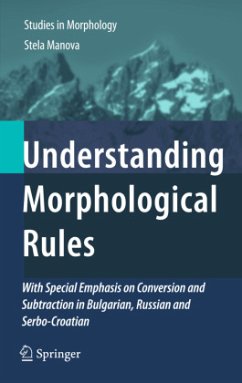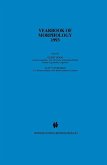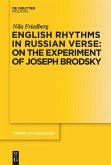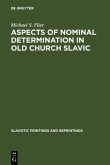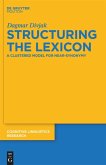This volume analyzes morphological and morphonological phenomena from a number of distinct Slavic languages. It does so in an innovative manner, yet also positions the analysis in the context of current morphological debates. It is thus a valuable contribution both to comparative Slavic morphology and general morphological theory. Moreover, the book is the first attempt at a theory of conversion and subtraction relevant to languages with rich inflectional morphology. It contributes to our structural understanding of the nature of word. As the first illustration of subtraction with examples from southern Slavic languages, it is an excellent source of specialist data. The book's theoretical framework is easily accessible and applicable to other languages, which makes it attractive to researchers on Slavic languages and general linguists alike. The volume will also appeal to general morphologists, typologists, and advanced students in linguistics.
From the reviews:
"In this monograph StelaManova discusses word-formation processes ... based on data from several Slavic languages: Bulgarian, Russian, and Serbian/Croatian. Manova presents theoretical support and a wealth of data to argue that conversion and subtraction operate similarly to other morphological techniques ... . This work will be of use to morphologists, Slavic linguists, and anyone interested in word formation. ... the work and its implications are thought-provoking." (Jeff Parker, Canadian Slavonic Papers/Revue Canadienne des Slavistes, March-June, 2012)
"In this monograph StelaManova discusses word-formation processes ... based on data from several Slavic languages: Bulgarian, Russian, and Serbian/Croatian. Manova presents theoretical support and a wealth of data to argue that conversion and subtraction operate similarly to other morphological techniques ... . This work will be of use to morphologists, Slavic linguists, and anyone interested in word formation. ... the work and its implications are thought-provoking." (Jeff Parker, Canadian Slavonic Papers/Revue Canadienne des Slavistes, March-June, 2012)

